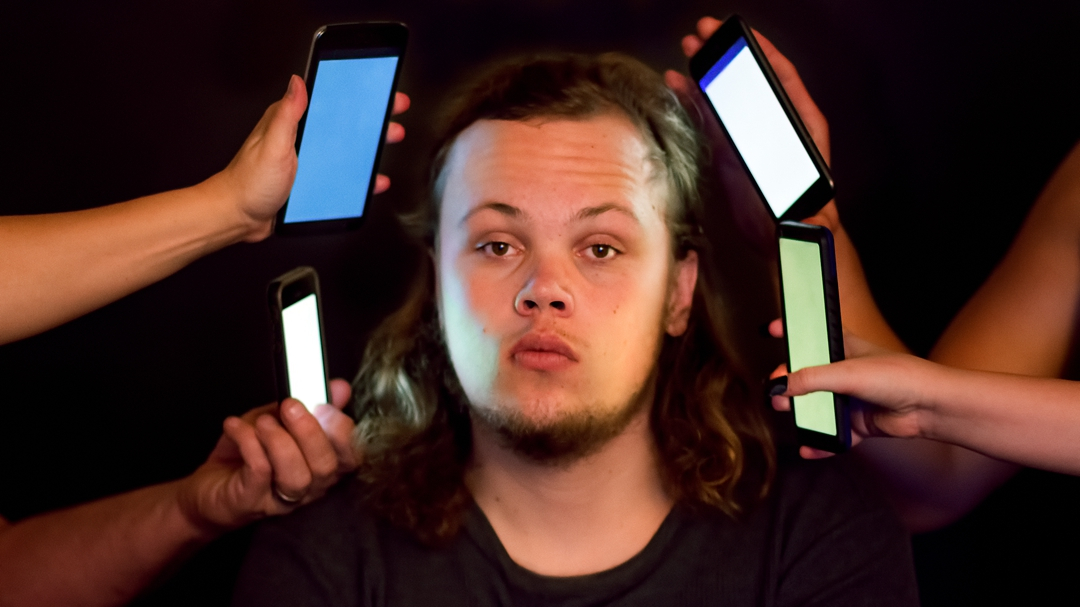
Technology
10:59, 07-Jun-2019
Regulators give phone companies new tools to fight robocalls
CGTN

U.S. regulators on Thursday voted to allow phone companies to block unwanted "robocalls" by default as Americans grapple with billions of deceptive and annoying calls every year.
The Federal Communications Commission (FCC) also voted to allow carriers to let companies block any calls not on a consumer's contact list if the customer opts in. Apple Inc announced this week its revised iPhone operating software will give consumers the ability to allow only calls to ring from numbers in contacts, mail, and messages and send all others to voicemail automatically.
FCC commissioners conceded that the vote will not end all unwanted calls and urged carriers to take further steps to block them. Several commissioners urged mobile phone providers to offer those call blocking tools free of charge.
FCC Commissioner Geoffrey Starks, a Democrat, said the FCC had to take action.
"Put simply, by allowing these calls to proliferate, we've broken phone service in this country," Starks said.
Starks said eliminating a significant number of robocalls would save carriers billions of dollars "as network capacity is freed up and customer service representatives field fewer complaints."
AT&T Inc, Verizon Communications Inc, Sprint Corp and T-Mobile all have praised the proposal. Verizon said Thursday with the new FCC rules "we'll be able to provide our customers the benefits of spam alerts and blocking more broadly and conveniently."
FCC Chairman Ajit Pai noted that some opponents of the proposal were flooding consumers with calls. "My message to them is simple: The FCC will stand with American consumers, not with those who are badgering them with unwanted robocalls," Pai said.
Pai added that carriers "must include a mechanism for allowing legitimate callers to register a complaint and for having that complaint resolved" if they believe the calls are being blocked.
The FCC also voted to Thursday advance a proposal requiring voice service providers to implement a caller ID authentication framework if major voice service providers fail to do so by the end of this year and sought comment on whether the FCC should create a safe harbor for providers that block calls that are maliciously spoofed so that caller ID cannot be authenticated.
Source(s): Reuters

SITEMAP
Copyright © 2018 CGTN. Beijing ICP prepared NO.16065310-3
Copyright © 2018 CGTN. Beijing ICP prepared NO.16065310-3